History was made for the Green Bay Packers during their road matchup against the Washington Commanders, but they likely will not be bragging about it this week.
For the first time in 23 years -- and the first time in Aaron Rodgers' illustrious career -- the Packers did not convert a third down in a game. They finished the 23-21 Washington victory going 0-for-6 on third down, marking their worst performance in the category since Oct. 17, 1999.
Rodgers blamed "mental errors" for the results, and that is true from their perspective. However, it also speaks to the fact that the Commanders have been on a tear for the past month.
Third downs were a pain point for Washington last season; the team finished 2021 near the bottom of the league with a conversion rate of 48.5%. Now, the Commanders have the second best third down defense, allowing opponents to convert just 29.5% of their attempts. It speaks to how much Washington has worked to turn things around, but it is also the result of how well the unit is playing across the board.
"That's what you wanna do, defensively," Bobby McCain said in the locker room. "We knew coming into the season [that] third down would be big for us and getting off on third down is how you win football games, third down and the red zone."
Shutting out the Packers on third down is certainly the highlight of the season so far, but it is hardly the first time Washington has stood out in the category. The past three matchups against Tennessee, Chicago and Green Bay have been the best examples of this; in that span, Washington has allowed its opponents to convert 27.3% of their third downs, which is the best in the NFL.
To Rivera, that speaks volumes about how the defense has performed in other areas like first and second-down performance. The Packers, for example, faced second downs of six yards or longer 10 times on Sunday, and they were forced to punt two plays later on six of those occurrences.
It also helped that Washington did a good job of keeping things in front of them on first down. Several defenders pointed out that they knew Green Bay was not going to test them downfield with Allen Lazard or Romeo Doubs. Therefore, the plan was to prevent the Packers from getting yards after the catch and play well closer to the line of scrimmage.
"Nothing explosive obviously," said cornerback Benjamin St-Juste. "You can't give him [Rodgers] any gifts or explosive plays, so we wanna stay on top, don't give him any free balls, anything cheap and obviously put him on third-and-long, and it was very effective for us today."
The Washington Commanders take on the Green Bay Packers in Week 7. (Emilee Fails and Kourtney Carroll/Washington Commanders)










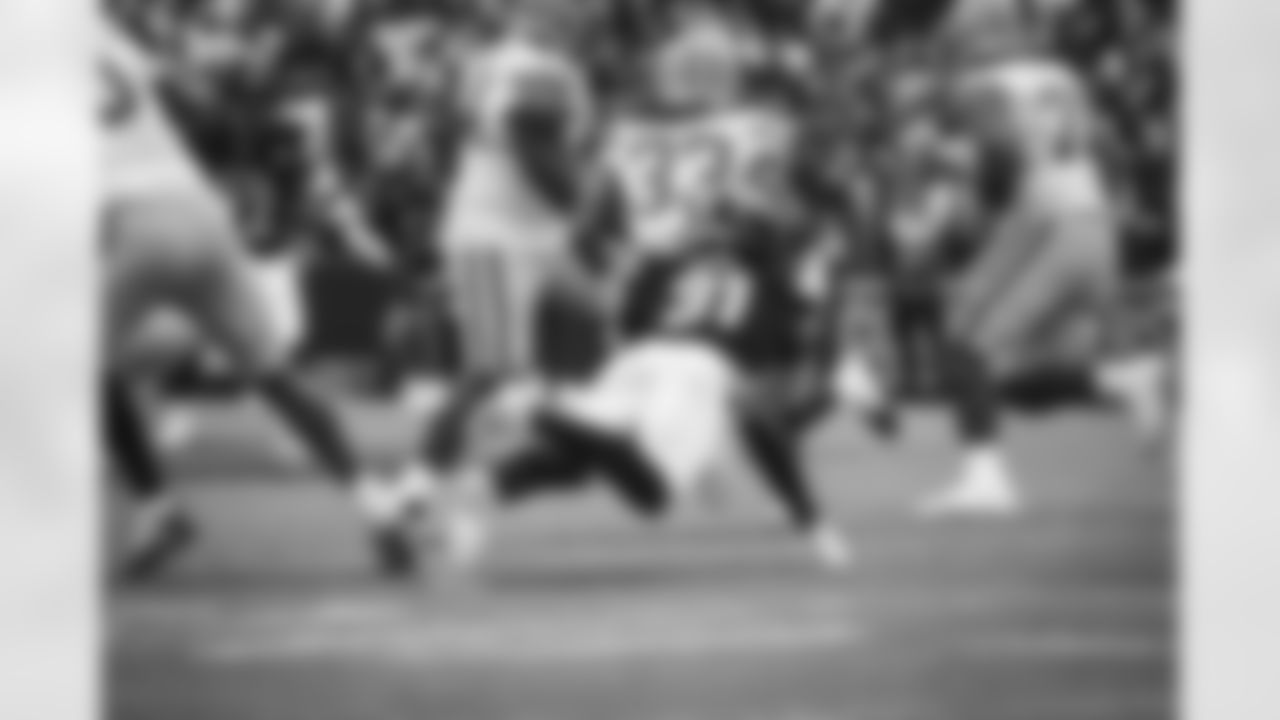





































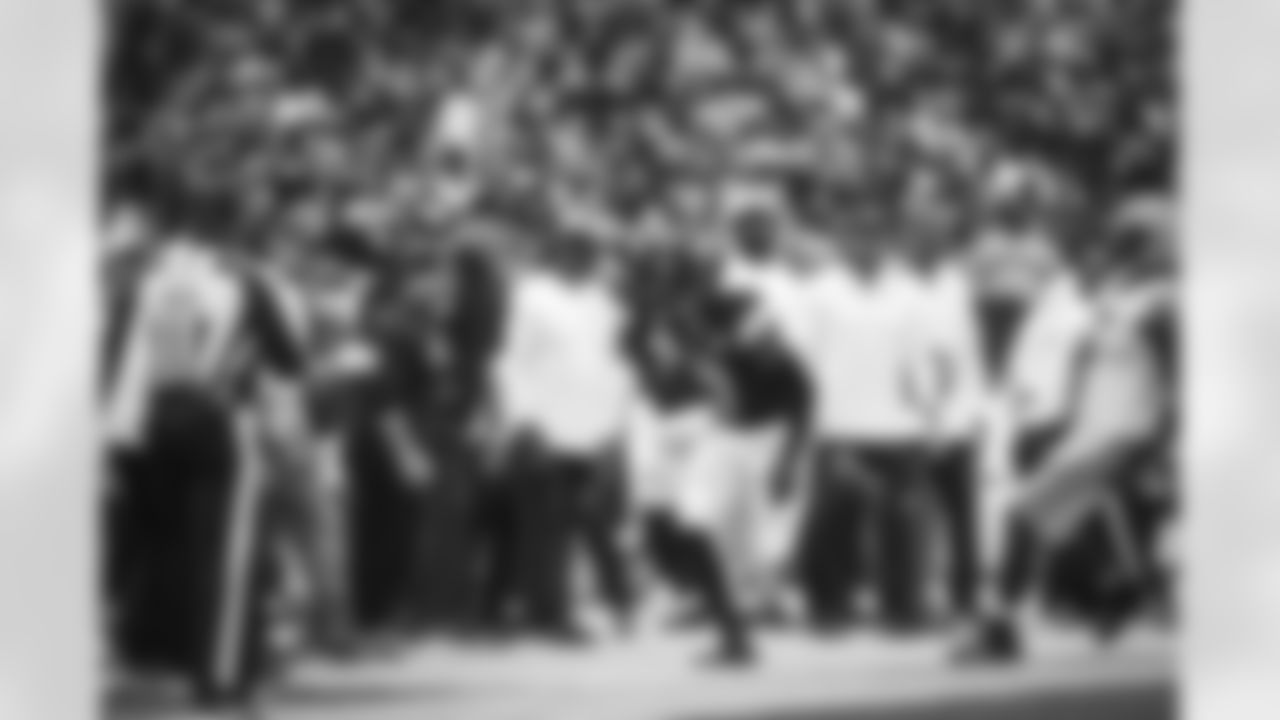











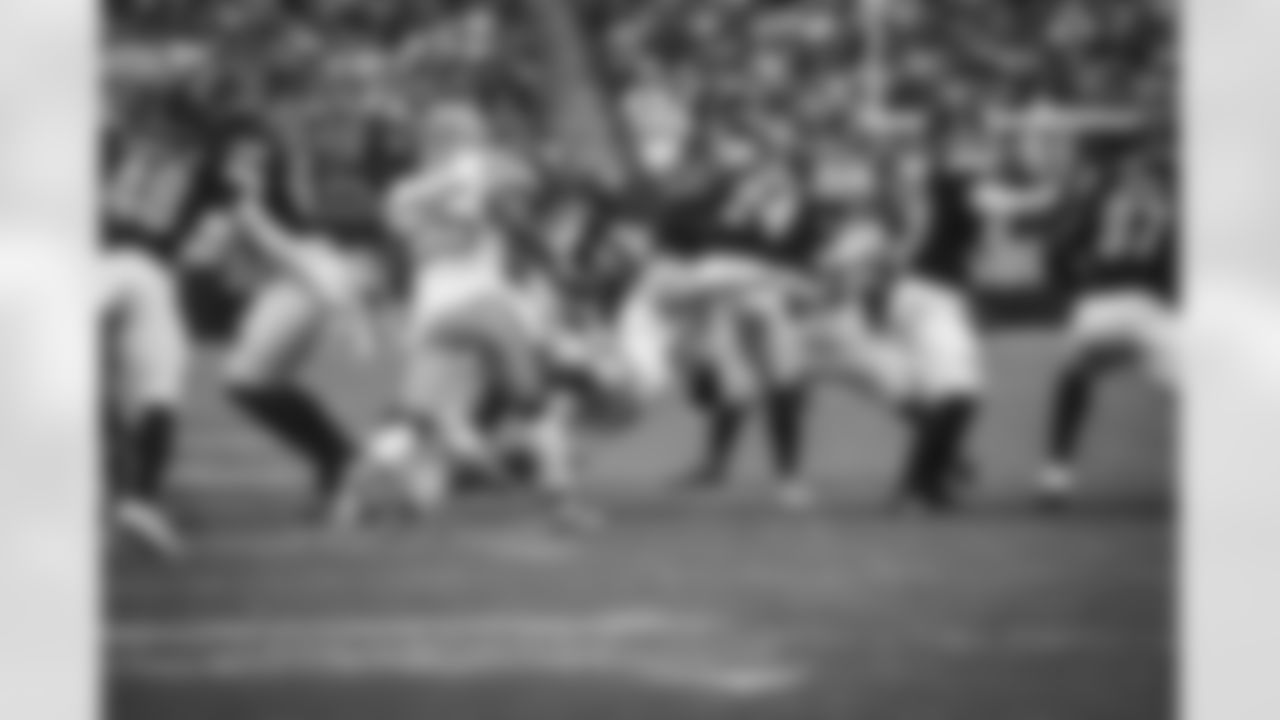



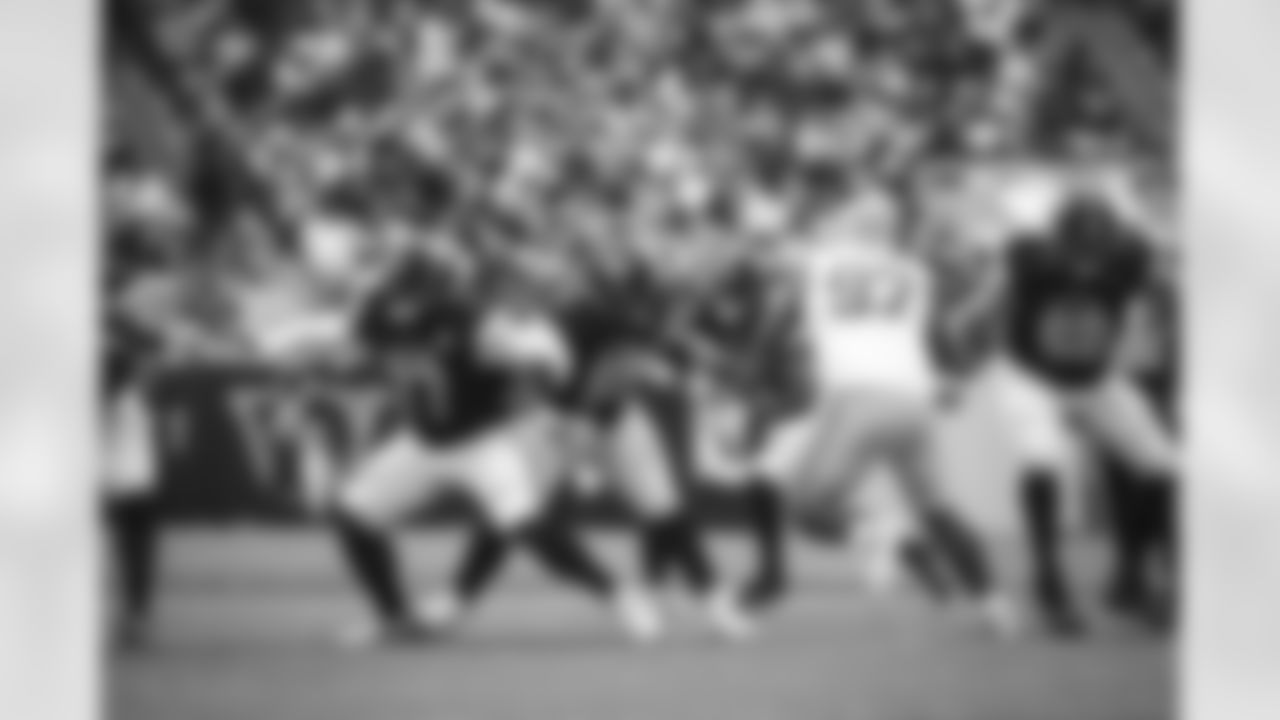














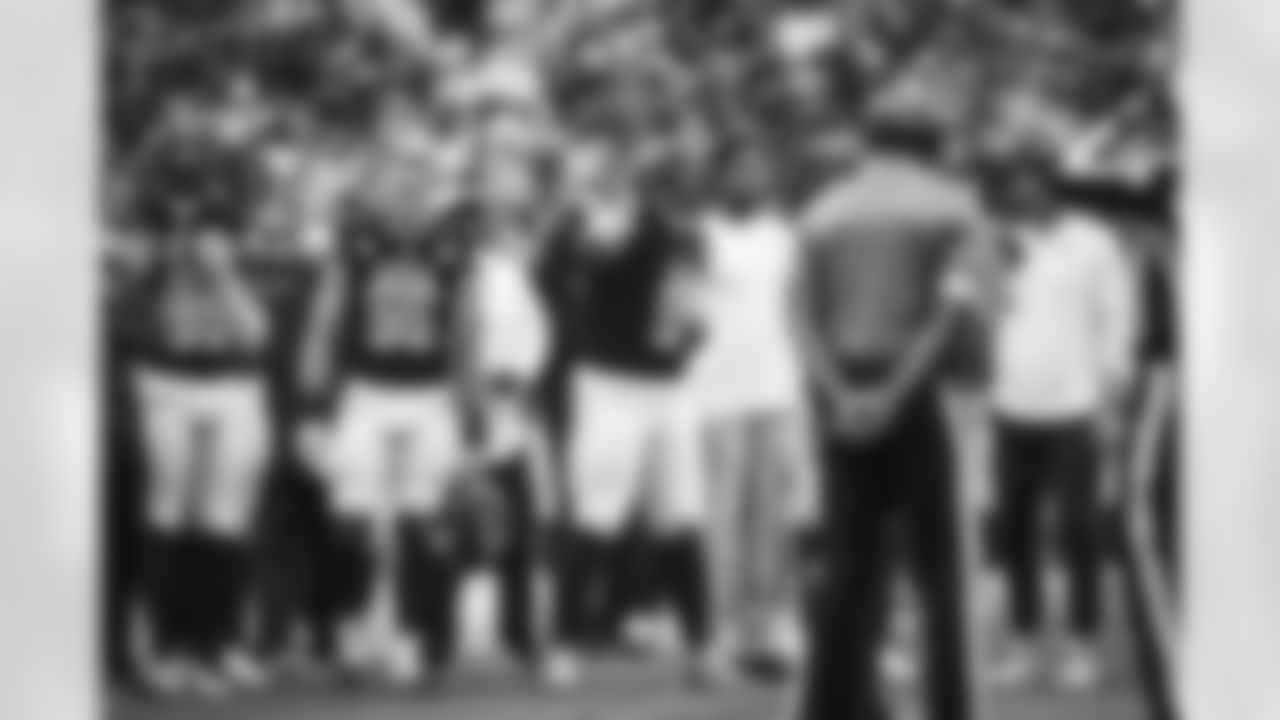


















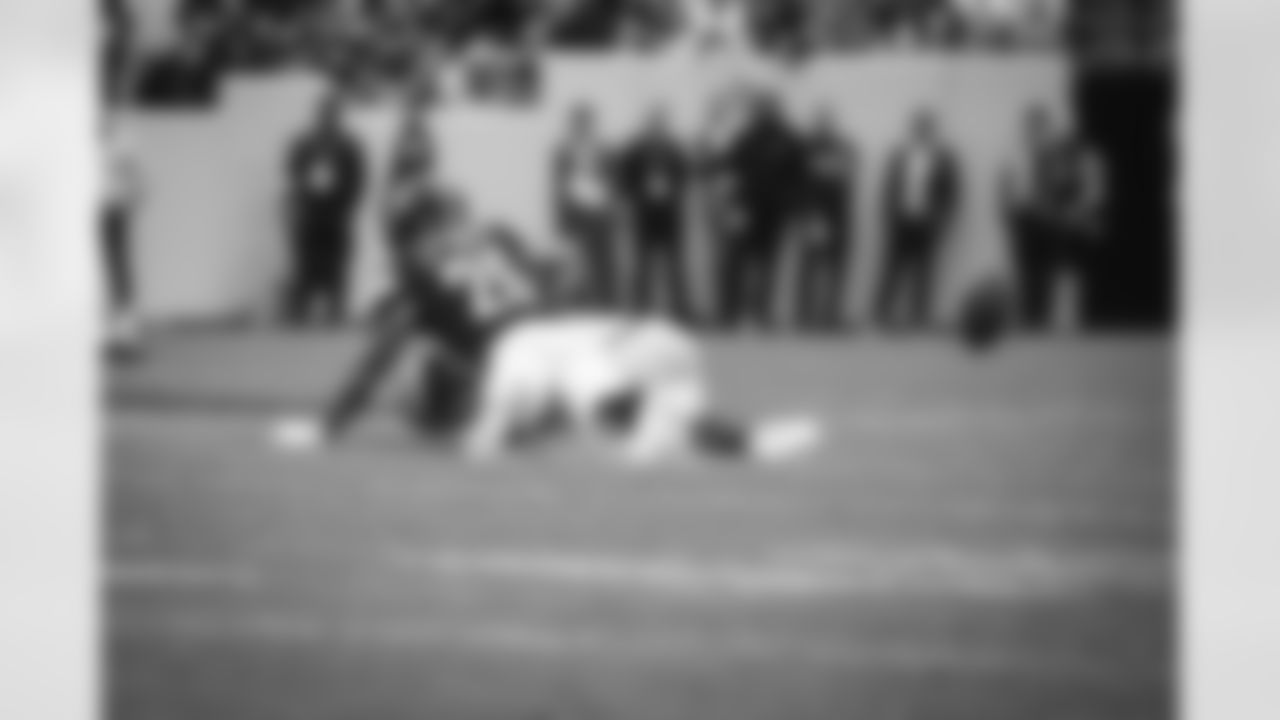





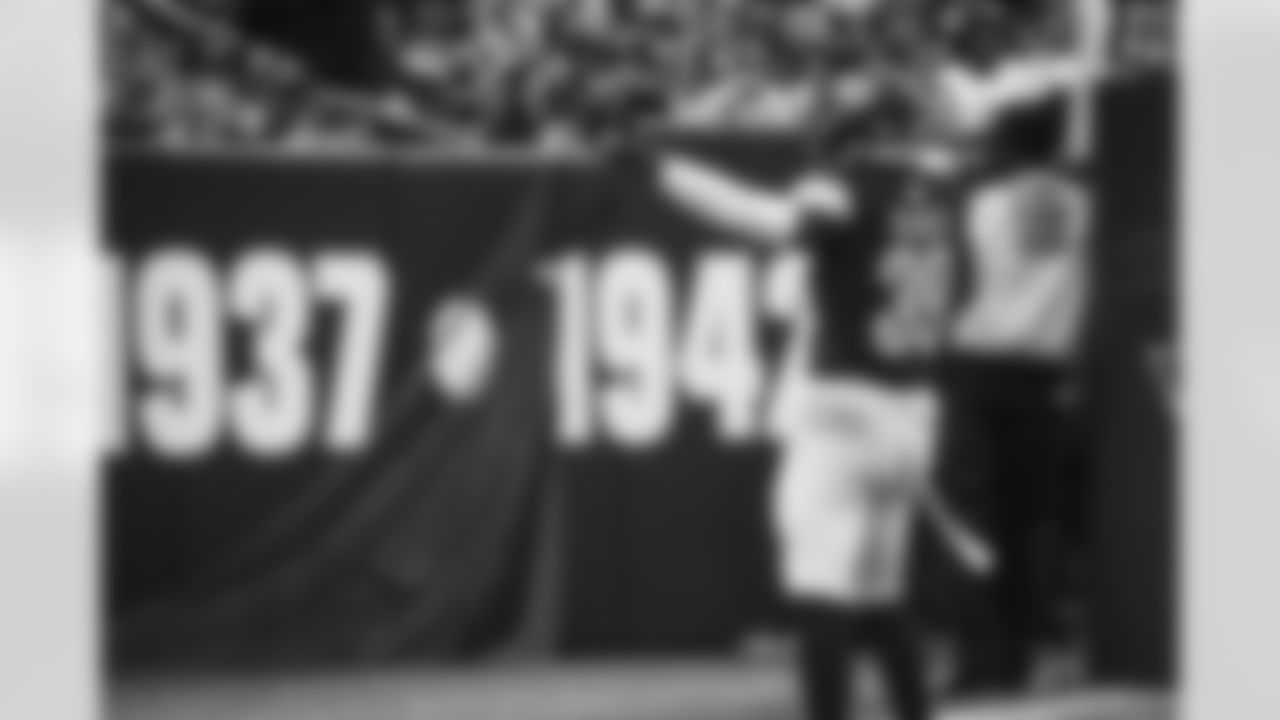




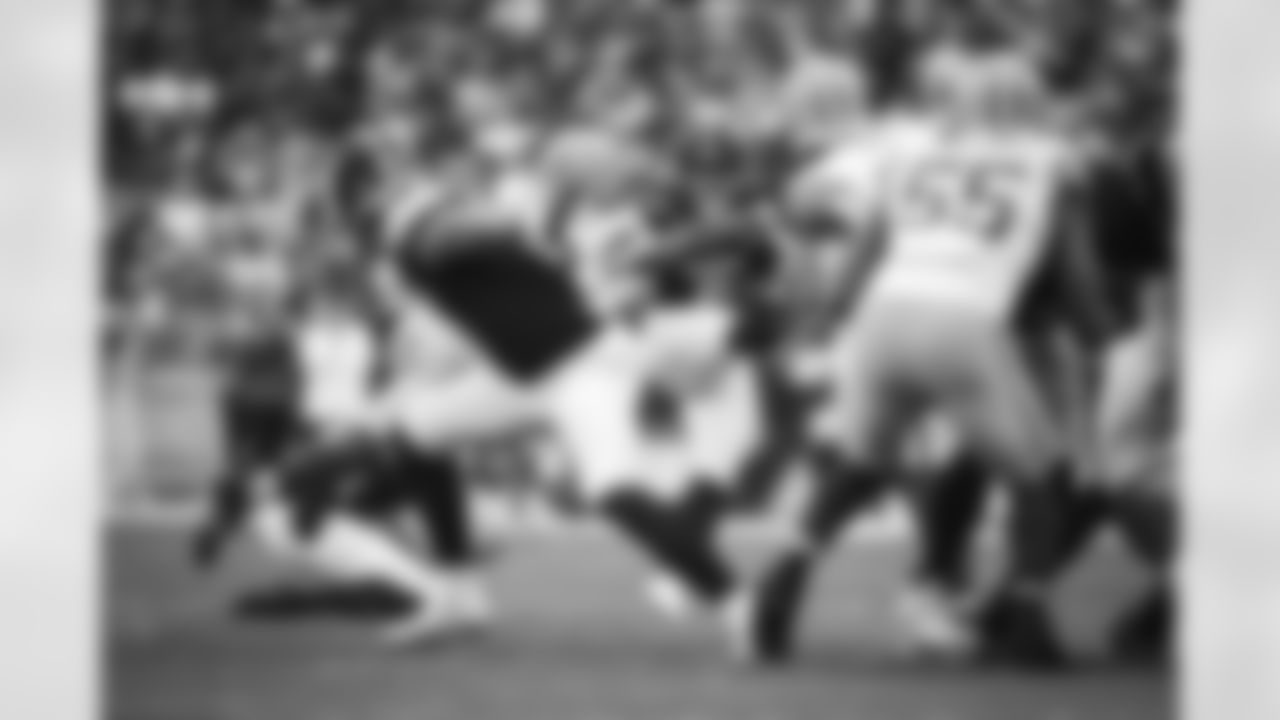

Still, Rodgers did have opportunities to make plays, but the Commanders' secondary made things difficult for him. Twenty-six percent of his incompletions came on third down, and his two completions in those scenarios resulted in just 17 yards.
Rivera sees that as a positive for the team's young defensive backs, who he said all compete with each other and are "fighting at everybody's heels to get playing time and trying to find ways to get them out there so they can grow and develop."
It is also the result of defensive coordinator Jack Del Rio putting players in the best spot to succeed with his personnel packages.
"I think being able to mix those different groups in and using them accordingly has been very good," Rivera said. "I think he's done a great job and kudos to what Jack and his staff have done for us as far as being so vastly improved in that area."
And while the pass-rush, which had racked up 10 sacks in the previous two games, did not get Rodgers on the ground, the group did manage to affect the passing game. Rodgers' time to throw on Sunday (2.35 seconds) was the quickest in a single game all year for the quarterback. That forced him to settle for shorter throws, resulting in his 4.91 average yards per attempt, being a season low.
What's more, the Commanders achieved this without rushing more than four defenders. Rivera called the decision "pretty courageous."
"It just shows the confidence we have in the back seven and the ability to play the run with a light box," Rivera said. "I thought that was pretty stout that there were a lot of good things that did come out of it."
Washington's defense, which got off to a slow start this season, is beginning to pick up steam after allowing at least 25 points in the first four games. The defensive front and secondary are beginning to gel, and that has made it difficult for opponents to stay on the field.
And as the Commanders head into the second half of their schedule with teams like the Vikings, Eagles and Giants on the horizon, that momentum could not come at a better time.
"That's big," said safety Kamren Curl. "As a defense, you wanna get off the field on third down and get the offense the ball back. So I feel like this is good for us."














